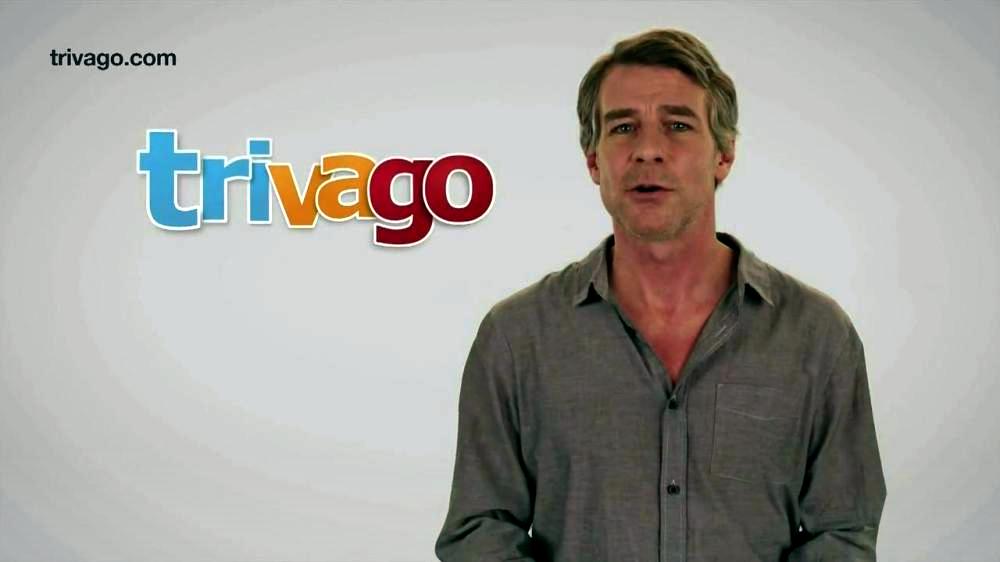The Online Travel Booking Game in Europe Is About to Get Really Interesting

Skift Take
Greed may or may not be good, but in travel metasearch complexity is good. New rules in Europe may make searching for a hotel room online all the more difficult.
Despite contracts between hotel chains and online travel agencies that mandate all distributors get the same room rates as displayed on the hotels' own websites, in recent years there have been plenty of pricing disparities, irregularities, and promotions to make comparison shopping worthwhile.
But the news from Europe this week that Booking.com, the leading online hotel player, has reached a proposed agreement with regulatory authorities in France, Italy

